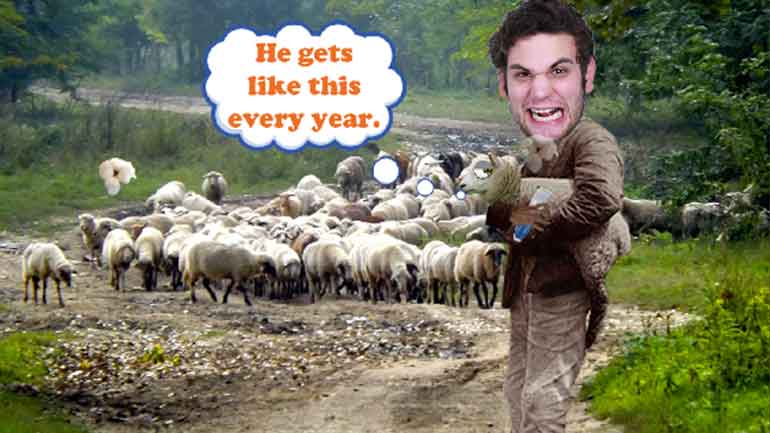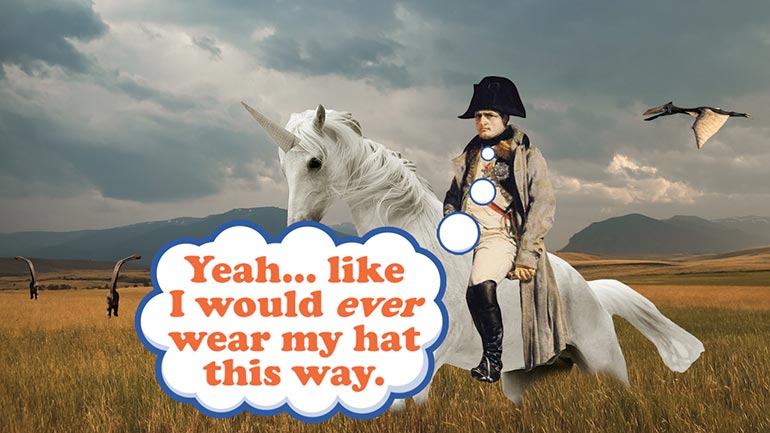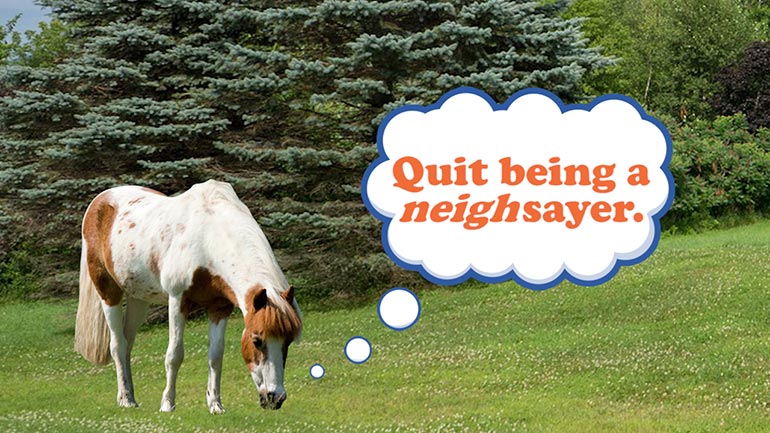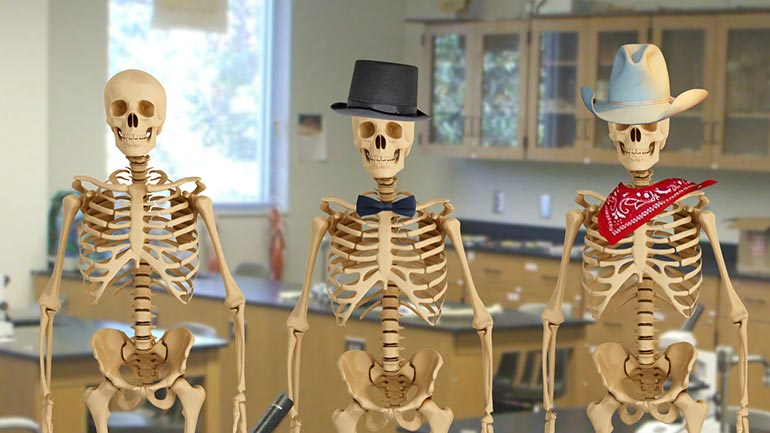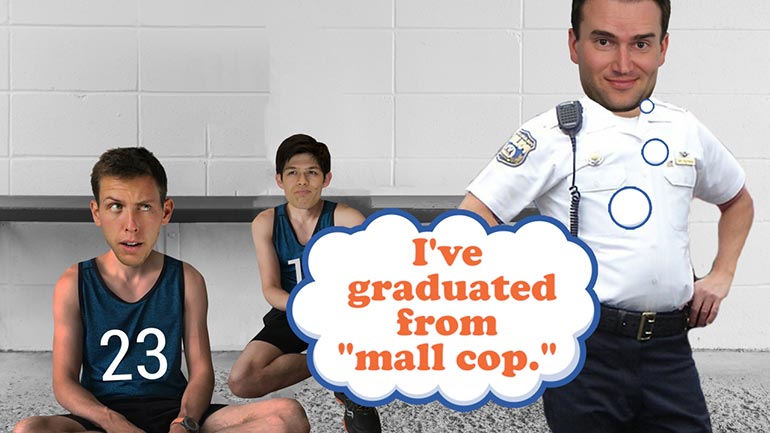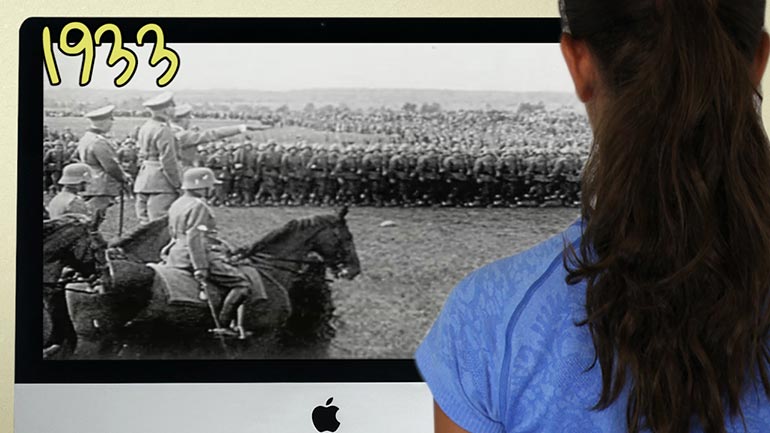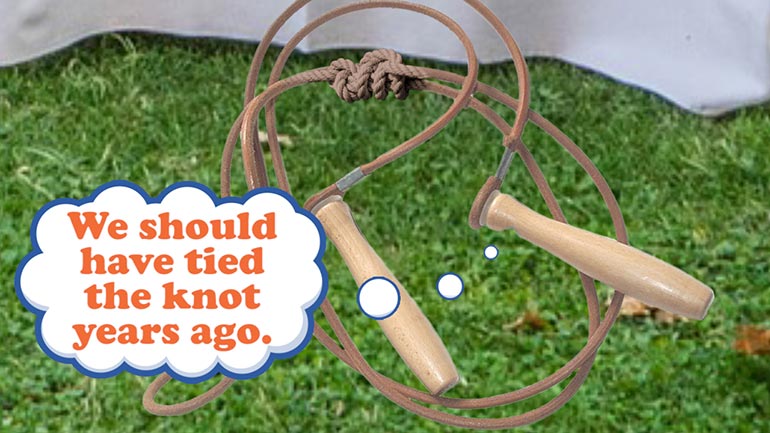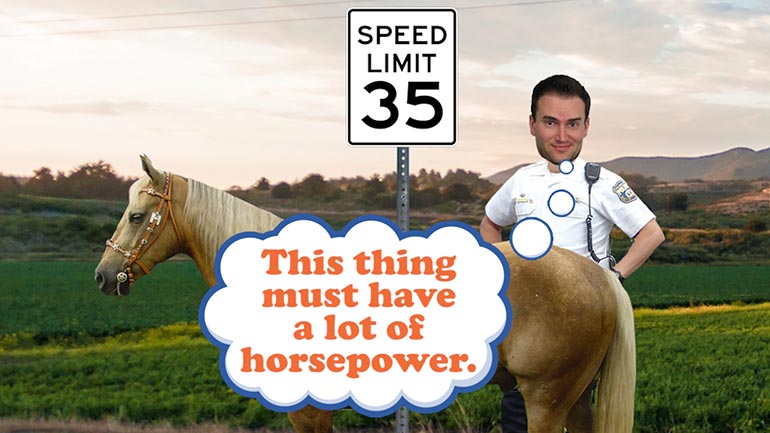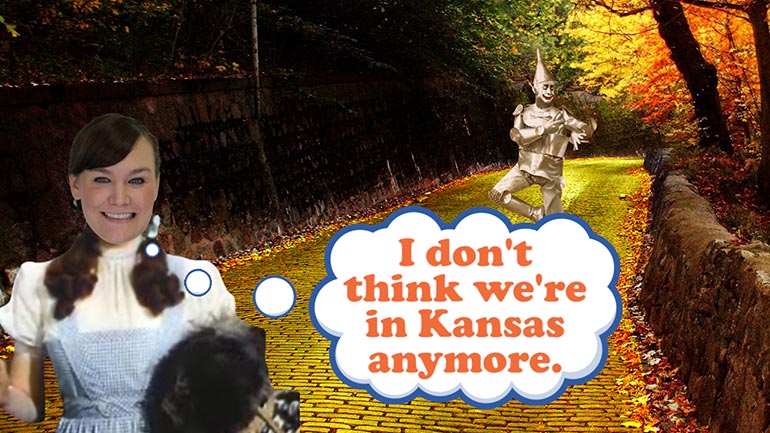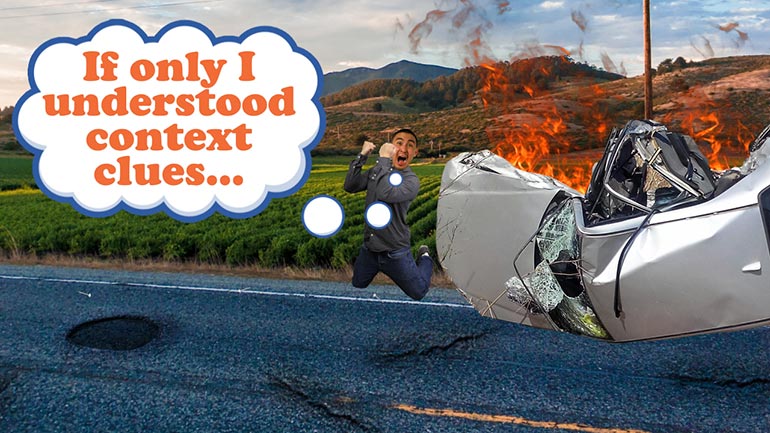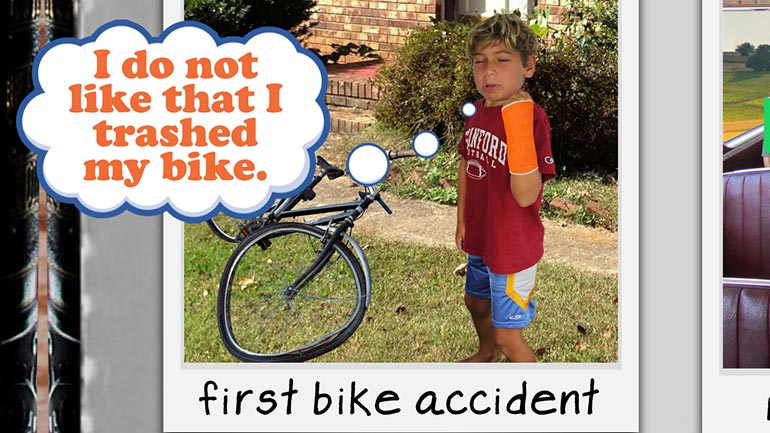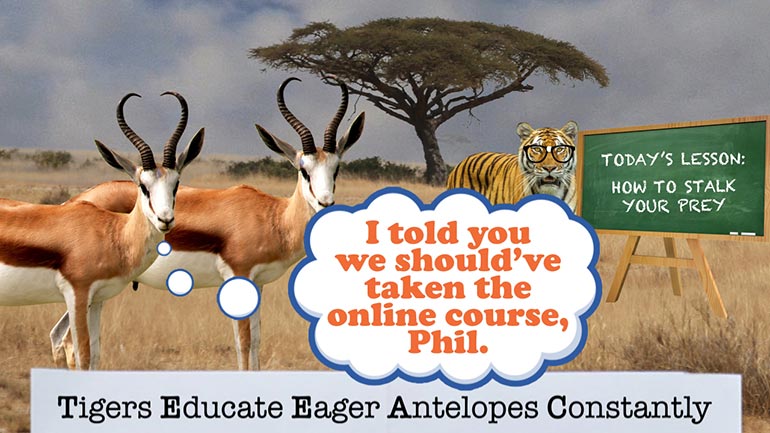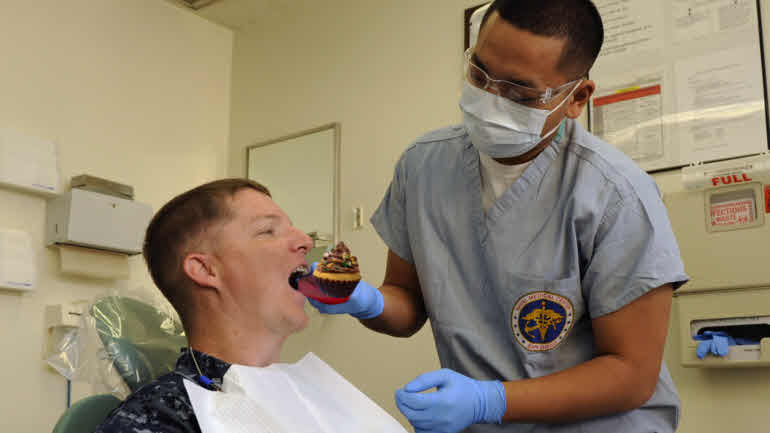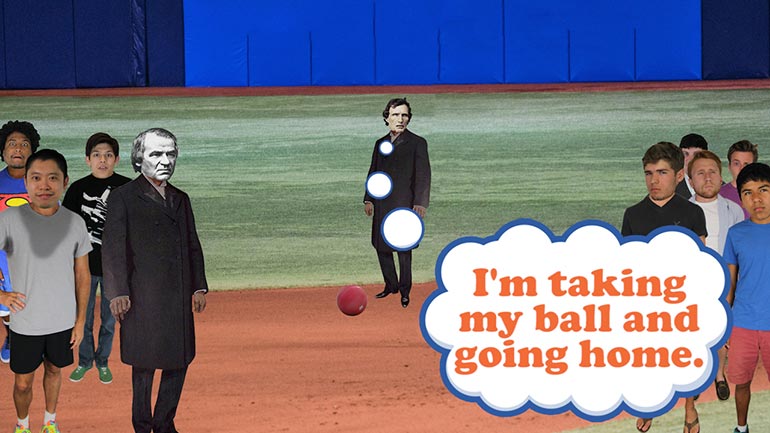ShmoopTube
Where Monty Python meets your 10th grade teacher.
Search Thousands of Shmoop Videos
Language Arts Videos 106 videos
Picking a theme for a party is pretty easy—always go karate party, because they come with nunchuck egg rolls. Themes in writing are a little diff...
Calling a book “non-fiction” is a bit like saying you have a dog. Sure it covers the basics, but there's a big difference between a Doberman an...
ELA Drills, Advanced: Punctuation 4. Which of the words is spelled correctly?
ELA 5: Researching a Topic 76 Views
Share It!
Description:
When searching once doesn't do the trick, you'll have to...re-search. Today's video will teach you not only how to research things, but also whether or not it's a good idea to have a wolf as a pet. Seriously. Check it out.
Transcript
- 00:06
[Dino and Coop singing]
- 00:13
When you think about doing research, you must think of long hours in a library with a huge [Clock ticking by]
- 00:18
stack of books in front of you. [Pile of books falls over]
- 00:19
Libraries? They’re those places where you can go to borrow…ah, forget it. [Girl looks annoyed and walks away]
- 00:23
Whether you’re doing research online or in one of those antique-y library places…
Full Transcript
- 00:27
…there are some decisions you’ll need to make.
- 00:30
When we do research, we start with a topic, but that alone isn't quite enough. [Coop pointing at a blackboard]
- 00:34
Topics are pretty general…we make them more precise by asking a particular research question [Dino pointing at a blackboard]
- 00:38
about the topic.
- 00:40
All right, so say our topic is wolves. [Wolf in a woods]
- 00:43
Although that's only one animal, it's a pretty big topic. There are so many things we could
- 00:47
research about wolves: where they live, what they eat, what they like in their lattes. [Wolf in a bed like Little Red Riding Hood]
- 00:53
If we took the time to research all of those things, we'd soon be overwhelmed with wolf info. [Wolf ordering a coffee]
- 00:57
Instead, we can ask a specific question.
- 01:00
Like: how do wolves hunt? What do wolves eat? Is it smart to keep a wolf as a pet?
- 01:05
This approach is a lot less general than just the topic of "wolves," and it helps guide our research.
- 01:11
If a book gives us information on how wolves hunt, great. If the book is about why they
- 01:15
don't ride jet skis… not so much. [People reading books about the information in a library]
- 01:17
Now that we have our topic and our research question, we're ready to hit the books.
- 01:21
Or…the web pages, or whatever. [Boxing glove punches books away]
- 01:23
That said, not all sources are created equal, and when you're doing research, you always [Stop sign appears over a book and a TV on a scale]
- 01:27
need to make sure they’re valid.
- 01:29
It’s important to note where the information is coming from. That means looking at who [Coop pointing at a blackboard]
- 01:32
published it, who wrote it, and what sources the author used.
- 01:36
Say we're researching how wolves hunt and we've come across a book published by a university
- 01:40
press, written by one of America's foremost experts on wolf behavior, who's drawing on [Book falls into a girl's hands]
- 01:44
his own research and that of his peers. Sounds like a good source that'd be worth a read, right? [Tick appears over the book]
- 01:49
On the other hand, if we come across a handmade comic book our classmate Andrew left in the
- 01:53
library about superhero Wolfman, we might want to give it a pass. [Guy walking away from the comic book]
- 01:57
Once you actually start researching, don't forget: organization is key. [Dino pointing at a blackboard]
- 02:02
You'll be gathering all sorts of new information, so make sure you're taking notes to keep track of everything.
- 02:06
Remember, you're going to have to do some actual writing eventually, and well-organized notes
- 02:10
will make the process a lot easier than just a collection of dim memories. [Someone crossing out cotton candy on a list of what wolves eat]
- 02:14
So if you start with a topic, develop a research question, check the validity of your sources,
- 02:19
and stay organized, your research should go swimmingly. [Man reading in a swimming pool]
- 02:23
Oh and, for the record, you can’t have a wolf as a pet. Trust us, we tried. [Stop sign over wolf on a couch]
- 02:28
We’re still cleaning up the office.
- 02:30
Rest in peace, Fluffers. [Gravestone for Fluffers the rabbit]
Related Videos
Check out the best bias video ever made, courtesy of the most awesome and amazing educational website in existence.
No, this isn't a terrible new mint-peach bubble gum flavor...though it does tend to leave a bad taste in people's mouths.
Those settlers in Jamestown really should have settled down with all that land-stealing. Tobacco's bad for you anyway.
Being born out of multiple wars doesn't quite seem to fit the peaceful, polite Canadians we know and love today...oh wait, they were called The Bea...
Not every cartoon is meant to entertain small children while their mother gets some "Mommy time." There are also political cartoons, which are mean...


